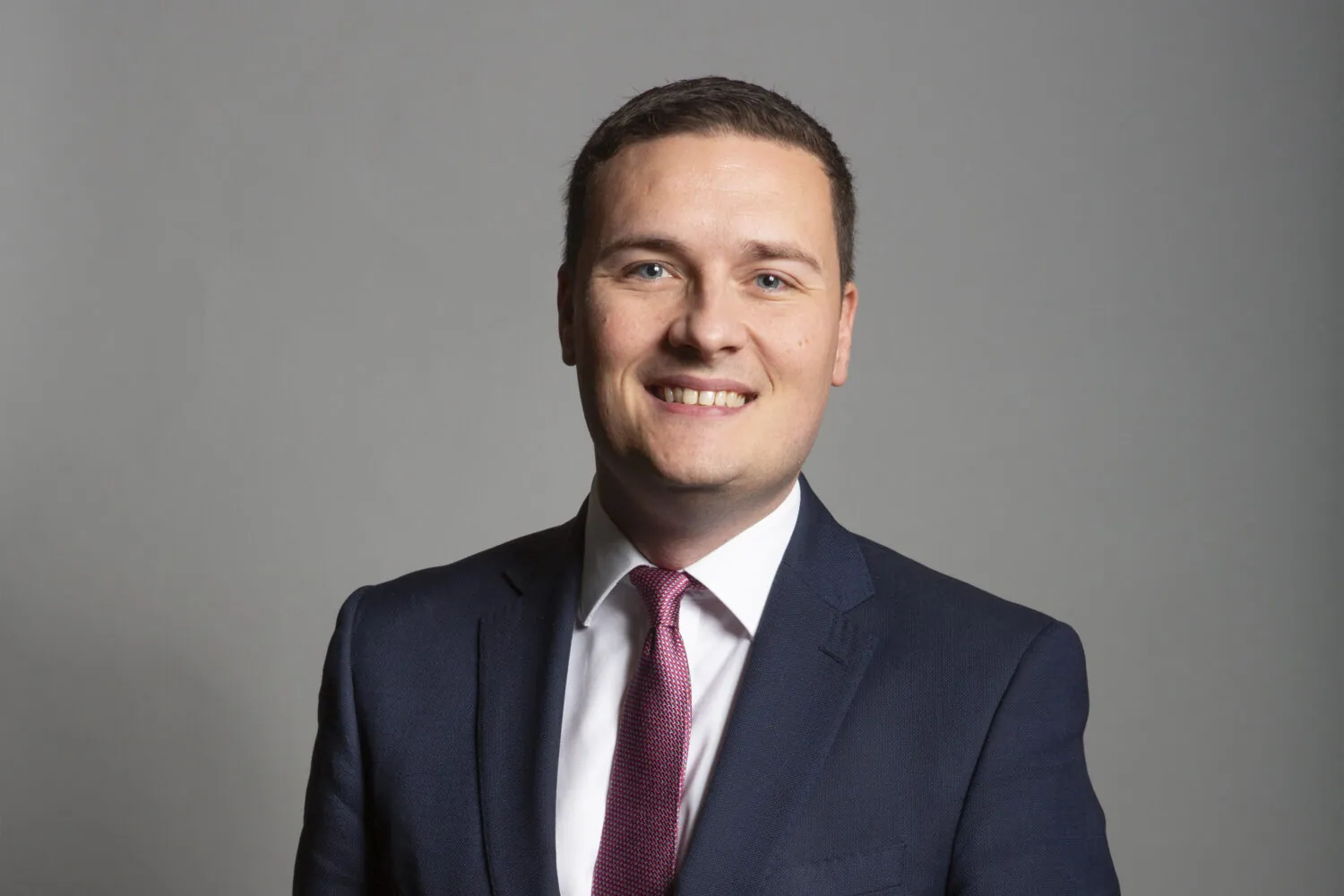
Dr Nikki Kanani said the social media site has many benefits “but sometimes it’s impossible to really set out the challenges of a situation” and will continue to listen to colleagues and patients through other ways.
England’s top GP is quitting Twitter saying she has been left with little choice due to its “toxic and demoralising” atmosphere.
Dr Nikki Kanani, medical director of primary care for NHS England, said the social media site has many benefits “but sometimes it’s impossible to really set out the challenges of a situation or a role – 140 characters or a thread won’t ever show what is happening”.
Dr Kanani, who is also deputy Lead for NHS England’s vaccination programme, said: “I’m taking some time off Twitter because it is toxic and demoralising no matter how hard you work.”
She said her account will be deactivated at 4pm on Friday 4pm, after it is archived, and that she would “keep listening and learning” from the more than 40 WhatsApp groups she runs, as well as weekly visits and other contacts.
GPs have been angered by reports this week that they are refusing patients face-to-face appointments. Labour, which analysed NHS England data, said GPs are holding 3.4 million fewer face-to-face appointments a month compared with before the pandemic and that the shift increased the risk of serious illness being misdiagnosed.
However, in July last year then Health Secretary Matt Hancock said all GP consultations should be remote by default unless a patient needs to be seen in person. That followed guidance already sent to last year on having more online consultations. But the Royal College of GPs (RCGP) said it would oppose a predominantly online system on the grounds that both doctors and patients benefited from proper contact.
The Patients Association called for in-person appointments to be the default option, after it found patients nationally had struggled to access primary care in “ways that met their needs” throughout the coronavirus pandemic.
In May, NHS England sent updated guidelines to GP practices urging them to offer more face-to-face appointments as coronavirus restrictions continued to ease. It stated: “Patients and clinicians have a choice of consultation mode. Patients’ input into this choice should be sought and practices should respect preferences for face-to-face care unless there are good clinical reasons to the contrary.”
The RCGP hit back following claims by one prominent columnist that there had been “37 million fewer GP appointments in the last 16 months” calling it “a national health catastrophe”.
A spokesperson said: “We’re appalled by the sustained campaign against hardworking GPs by some sections of the media. GPs and patients are on the same side here. We share our patients’ frustrations when they can’t get an appointment or face long waits trying to get through to the surgery. After a decade of underinvestment, the GP workforce is not big enough to manage the patient population.”
In an article published today Dr Lizzie Toberty and Dr Ellen Welch, GPs and members of the grassroots lobbying group Doctors’ Association, said: “‘Your GP surgery is closed’ has become the propaganda of the pandemic. These persistent distortions have filtered down to our patients. Most GPs have been asked: ‘When are you re-opening?’ by patients actively being examined, in an open GP surgery.”
The pair said they are seriously concerned at the number of people falsely assuming their local surgery is closed and not making appointments for themselves or their children. “The consequences of this false narrative are deadly serious,” they said.





